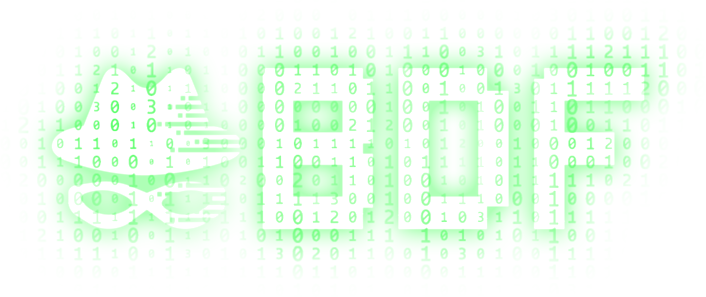- Регистрация
- 21.07.20
- Сообщения
- 40.408
- Реакции
- 1
- Репутация
- 0
Once viewed as one of the crypto industry's top privacy-focused assets, Dash (DASH) no longer operates under that classification, according to the Dash Core Group, the body overseeing the asset and its development.
When asked if Dash should remain under the category of a privacy asset, Fernando Gutierrez, CMO for the Dash Core Group, told Cointelegraph:
Dash launched as a fork of Bitcoin in 2014. Originally called XCoin, before changing its name to Darkcoin, and then finally Dash, the asset positioned itself as a privacy-focused asset. "Dash is the first privacy-centric cryptographic currency based on the work of Satoshi Nakamoto [Bitcoin's pseudonymous creator]," the project's white paper said.
In addition to Dash, two of the market's other main anonymity-focused assets, Monero (XMR) and Zcash (ZEC), came to life in 2014 and 2016 respectively.
Evident in Gutierrez's comment, Dash no longer focuses mainly on privacy, although the asset does still have a feature called PrivateSend, giving users the option of greater anonymity. "The technology that Dash utilizes in our PrivateSend function is CoinJoin, which is a technique for complicating transactions to the point that they're more difficult for analytics firms to analyze those," he explained.
The CoinJoin approach came on the scene in 2013, essentially letting Bitcoin users mix their transactions into a group to make tracking difficult. Dash essentially took this exact same approach and made it a more convenient built-in option for Dash senders, Gutierrez explained.
In recent days, privacy assets have faced significant scrutiny from governing bodies, as seen by the IRS' $625,000 bounty for cracking Monero. "Dash Core Group has no stance on the IRS’s offer," Gutierrez said, adding:
Two blockchain analytics companies, Chainalysis and Integra FEC, recently won the IRS bounty.
When asked if Dash should remain under the category of a privacy asset, Fernando Gutierrez, CMO for the Dash Core Group, told Cointelegraph:
"No, Dash is a payments cryptocurrency, with a strong focus on usability, which includes speed, cost, ease of use, and user protection through optional privacy."
Dash launched as a fork of Bitcoin in 2014. Originally called XCoin, before changing its name to Darkcoin, and then finally Dash, the asset positioned itself as a privacy-focused asset. "Dash is the first privacy-centric cryptographic currency based on the work of Satoshi Nakamoto [Bitcoin's pseudonymous creator]," the project's white paper said.
In addition to Dash, two of the market's other main anonymity-focused assets, Monero (XMR) and Zcash (ZEC), came to life in 2014 and 2016 respectively.
Evident in Gutierrez's comment, Dash no longer focuses mainly on privacy, although the asset does still have a feature called PrivateSend, giving users the option of greater anonymity. "The technology that Dash utilizes in our PrivateSend function is CoinJoin, which is a technique for complicating transactions to the point that they're more difficult for analytics firms to analyze those," he explained.
The CoinJoin approach came on the scene in 2013, essentially letting Bitcoin users mix their transactions into a group to make tracking difficult. Dash essentially took this exact same approach and made it a more convenient built-in option for Dash senders, Gutierrez explained.
In recent days, privacy assets have faced significant scrutiny from governing bodies, as seen by the IRS' $625,000 bounty for cracking Monero. "Dash Core Group has no stance on the IRS’s offer," Gutierrez said, adding:
"It doesn’t apply or threaten Dash in any way. Dash’s blockchain is public. There is nothing to break because Dash’s approach to privacy is probabilistic, not based on encryption. In that, it is not different from the Bitcoin blockchain."
Two blockchain analytics companies, Chainalysis and Integra FEC, recently won the IRS bounty.

